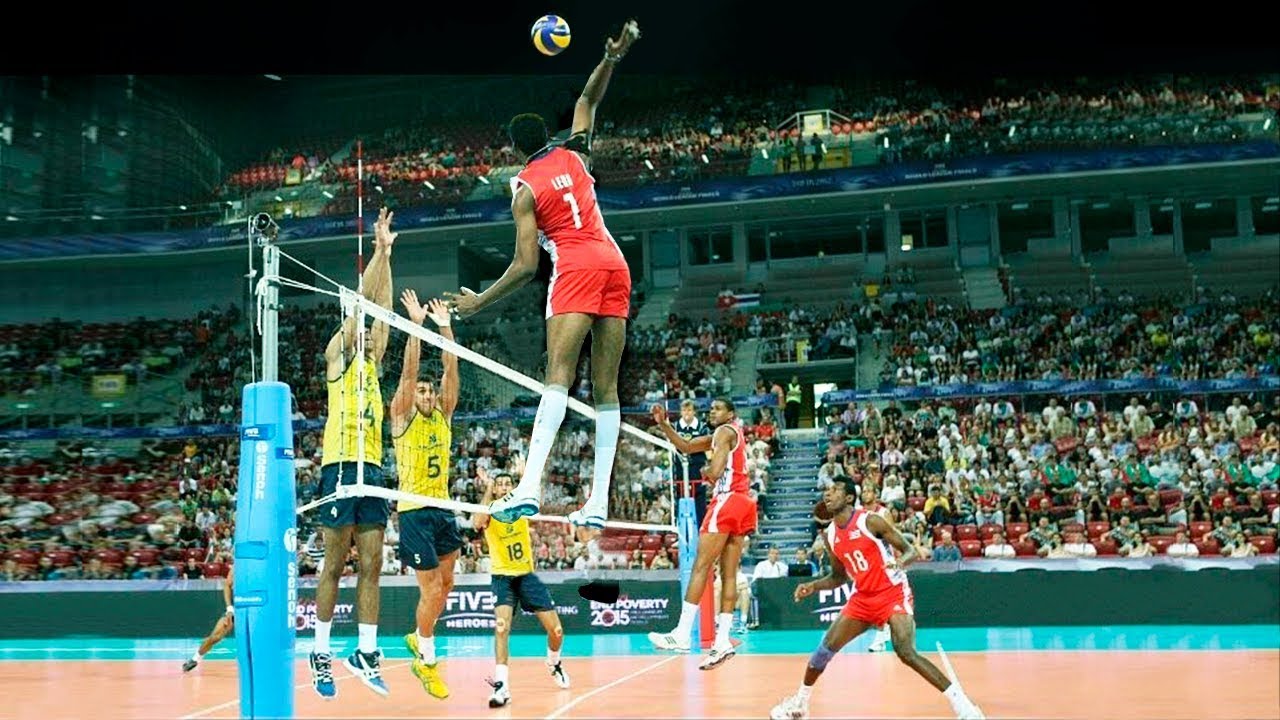For decades, the name Las Morenas del Caribe conjured images of invincible power, unmatched athleticism, and an aura of dominance in women`s volleyball. Cuba`s national team wasn`t just a competitor; they were a phenomenon, a force of nature that swept aside all challengers. Then, a quiet period descended, marked by absence and rebuilding. Now, the whispers are turning into a roar. Cuba is back, returning to the FIVB Volleyball Women`s World Championship in 2025, not merely to participate, but with a palpable ambition to reignite the flames of their storied past.
A Legacy Etched in Gold
To understand the magnitude of Cuba`s return, one must first appreciate the scale of their past achievements. This is a nation that boasts an unparalleled record in the sport. They claimed three FIVB World Championship titles (1978, 1994, 1998) and a silver medal in 1986. More strikingly, they remain the only women`s indoor volleyball team in Olympic history to clinch three consecutive gold medals, a feat achieved at Barcelona 1992, Atlanta 1996, and Sydney 2000. These were the years of legends like Regla Torres, Mireya Luis, and Regla Bell, players whose raw power, tactical brilliance, and sheer will to win defined an era. Their physicality and devastating attack became the benchmark against which all other teams were measured.
The Wilderness Years and the Seeds of Revival
Yet, even dynasties face trials. After consistently qualifying for every World Championship since their debut in 1970, Cuba`s trajectory shifted. Finishes of 21st in 2014 and 22nd in 2018 hinted at the challenges, culminating in their absence from the 2022 edition – a void keenly felt by fans and rivals alike. The once-dominant force was in a long period of rebuilding, away from the grandest stages.
But the darkness appears to be receding. A new generation, forged in the fires of youth competitions, is emerging. The triumph at the 2024 Women’s U23 Pan American Cup signals a promising shift. Players like opposite Lisania Grafort, named MVP of that tournament, alongside setter Gretell Moreno and middle blockers Jessica Aguilera and Laura Suarez, represent the fresh talent now tasked with carrying the torch. They bring not just youthful exuberance, but a growing international experience that is vital for the demanding international stage.
The Architect of Revival: Luizomar de Moura
Central to this resurgence is the newly appointed head coach, Brazilian tactical maestro Luizomar de Moura. Signing a four-year contract just weeks before the World Championship, Moura arrives with an impressive pedigree, having previously coached national youth teams for Brazil, Kenya, and Peru, as well as the formidable club powerhouse Osasco. His appointment is a clear statement of intent, a strategic investment in the future of Cuban volleyball.
“It is an honour to lead a project that seeks to bring Cuba back to the international stage and restore a history of so many glories,” Moura stated, acknowledging the profound weight of expectation. “Since the announcement, I’ve received messages from fans who witnessed great victories and long for the return of Cuban volleyball to its best days.”
Moura`s mission extends beyond mere match strategy. It`s about instilling a new philosophy, rebuilding the very foundation of what was once considered a global volleyball school. Perhaps with a touch of practical irony, he highlights the current deficiencies: providing the athletes with the tools they previously lacked, such as “recovery equipment, statistics, performance analysis, and more.” For a nation that once ruled through sheer, raw talent, the emphasis on modern sports science underscores the pragmatic approach to their grand ambition.
A Unified Effort: FIVB Empowerment and a Living Legend
This ambitious project is significantly bolstered by the FIVB Volleyball Empowerment support program. It`s not just a coach, but a comprehensive technical staff accompanying Moura: assistant coach Jefferson Arosti, strength and conditioning trainer Joao Filipe, physiotherapist Thiago Menezes Lessa Moreira, and team manager Roberto Opice Neto. This holistic approach signals a serious commitment to long-term development.
Adding an invaluable emotional and inspirational layer is Mireya Luis, the undisputed greatest name in Cuban women’s volleyball history, now an FIVB executive. Her involvement is more than symbolic; it`s a testament to the deep-rooted desire to see Cuban volleyball thrive again. Moura recounts her emotional reaction at the Pan-American Cup: “I saw Mireya moved to tears. She doesn’t want to protect her own legacy, but rather help Cuba start again.” This speaks volumes about the collective drive to rebuild.
The success of Cuba`s men`s team, who have also benefited from similar targeted support and seen a notable rise in recent years, serves as a tangible blueprint for the women`s team. It demonstrates that with the right resources, expertise, and long-term vision, the path back to competitive success is achievable.
The Road Ahead: Ambition Meets Reality in Thailand
The stage is set in Phuket, Thailand, where Cuba will face a challenging Pool B, with initial fixtures against Belgium (August 22), Italy (August 24), and Slovakia (August 26). This is where ambition will meet the stark reality of the international competitive landscape. For Luizomar de Moura and his team, the immediate objective isn`t just about winning every match, but about performance, growth, and showcasing the potential of this new era.
The timing for this comeback couldn`t be more critical. With a blend of emerging talent, strategic coaching, and robust international support, Cuba has a golden opportunity to shape a future that honors, yet transcends, their glorious past. Their performance in Thailand will be more than just a series of games; it will be the crucial first stride in writing a compelling new chapter for Cuban women`s volleyball, a narrative of resurgence, resilience, and the enduring spirit of Las Morenas del Caribe.

